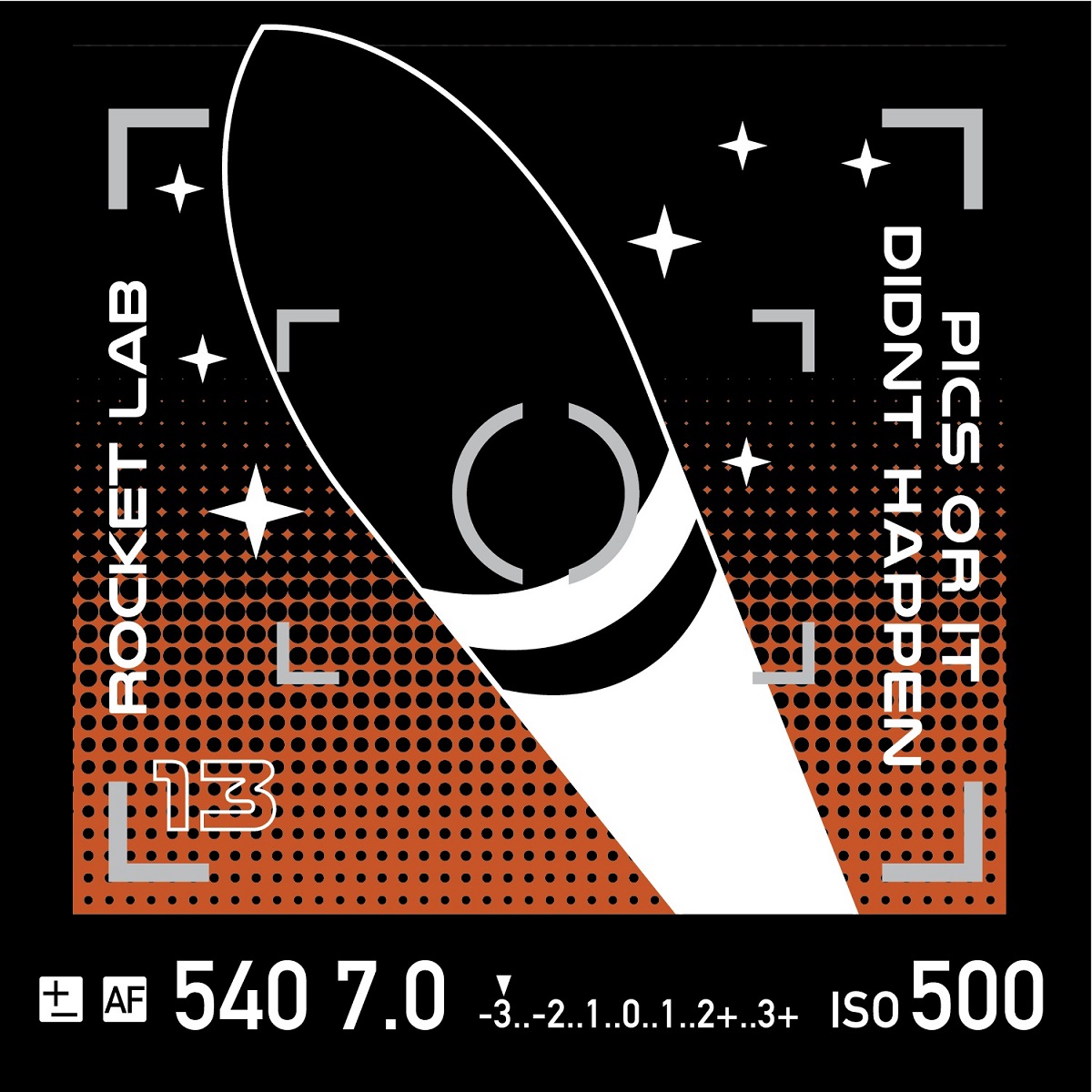
Pics Or It Didn't Happen
Launched
Mission Overview
‘Pics Or It Didn’t Happen’ was a rideshare mission for seven small satellites for a range of customers including Spaceflight Inc.’s customer Canon Electronics, as well as Planet and In-Space Missions.
The primary payload aboard this mission, Canon Electronics Inc.’s CE-SAT-IB, was procured by satellite rideshare and mission management provider Spaceflight Inc. The mission objective for the CE-SAT-IB satellite is to demonstrate Canon Electronics Inc.’s Earth-imaging technology with high-resolution and wide-angle cameras, as well as test the microsatellite for mass production.
The next five spacecraft manifested for this mission are the latest generation of SuperDove satellites manufactured by Planet, operator of the world’s largest constellation of Earth-observation satellites. Planet’s satellites are capable of imaging the Earth’s entire landmass on a near-daily basis. This unprecedented dataset helps researchers, students, businesses and governments discover patterns, detect early signals of change, and make timely, informed decisions. These five SuperDoves, Flock 4e, are equipped with new sensors to enable higher image quality with sharper, more vibrant colors and accurate surface reflectance values for advanced algorithms and time-series analysis.
The final spacecraft aboard Electron for this mission was supplied by British small mission prime, In-Space Missions.
On July 4, 2020, the Electron launch vehicle successfully lifted-off from Launch Complex 1 and proceeded through a nominal first stage engine burn, Stage 1-2 separation, Stage 2 ignition, and fairing jettison as planned. Several minutes into the second stage burn, the engine performed a safe shutdown resulting in a failure to reach orbit.
Due to the controlled way the engine shut down, Rocket Lab continued to receive telemetry from the vehicle, providing engineers with extensive data to conduct a robust investigation into the issue. After reviewing more than 25,000 channels of data and carrying out extensive testing, Rocket Lab’s Accident Investigation Board was able to confidently narrow the issue down to a single anomalous electrical connection. This connection was intermittently secure through flight, creating increasing resistance that caused heating and thermal expansion in the electrical component. This caused the surrounding potting compounds to liquefy, leading to the disconnection of the electrical system and subsequent engine shutdown. The issue evaded pre-flight detection as the electrical connection remained secure during standard environmental acceptance testing including vibration, thermal vacuum, and thermal cycle tests.
Rocket Lab has now reliably replicated the issue in test and identified that it can be mitigated through additional testing and procedures. Corrective measures are now in place for all future missions.
All your mission information available here


